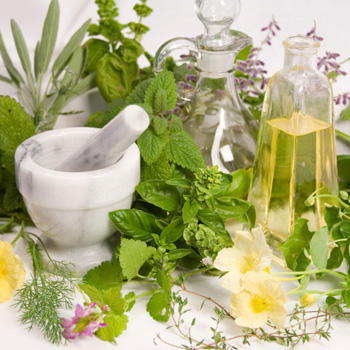The Benefits and Risks of Herbal Supplements

|
 Herbal supplements are generally defined as those dietary supplements that are obtained from naturally growing plants, fungus, shrubs and trees. There are a wide variety of such supplements on the market today, such as Ginkgo Biloba, the much touted memory enhancement supplement; St. John's Wart, a supplement often prescribed for cases of mild depression and anxiety; and the ever popular Echinacea, a mid-western wildflower best known for its ability to boost the immune system.
Herbal supplements are generally defined as those dietary supplements that are obtained from naturally growing plants, fungus, shrubs and trees. There are a wide variety of such supplements on the market today, such as Ginkgo Biloba, the much touted memory enhancement supplement; St. John's Wart, a supplement often prescribed for cases of mild depression and anxiety; and the ever popular Echinacea, a mid-western wildflower best known for its ability to boost the immune system.
Because herbal supplements are natural products, they are often mistakenly considered to be safe when consumed within recommended dosages. While it is true that millions take herbal supplements daily without experiencing any side effects, the fact should not be ignored that these products are not entirely risk free.
For those people with existing health problems, for example, people with high blood pressure, HIV, or asthma, as well as for those who may be taking certain prescription medications, the introduction of these supplements into their system may prove to be not only dangerous, but in some cases life threatening.
Before continuing the discussion of the benefits and risks involved in taking herbal supplements, it is important to discuss the manner in which these products are regulated by the government. Here in the United States, herbal supplements are under the control of the Food and Drug Administration.(FDA). The FDA has the authority to have any herbal supplement deemed unsafe to be removed from the market.

|




